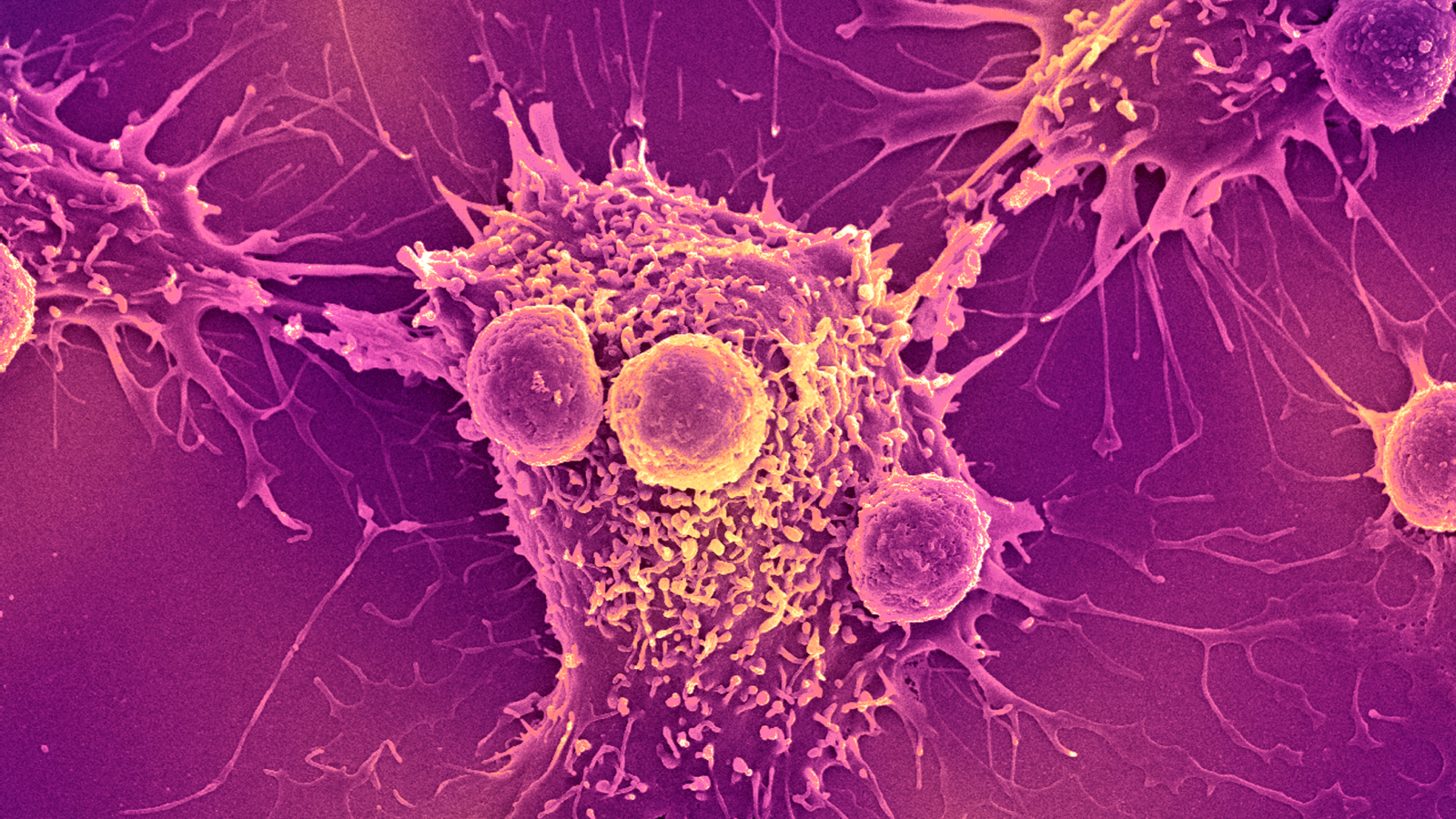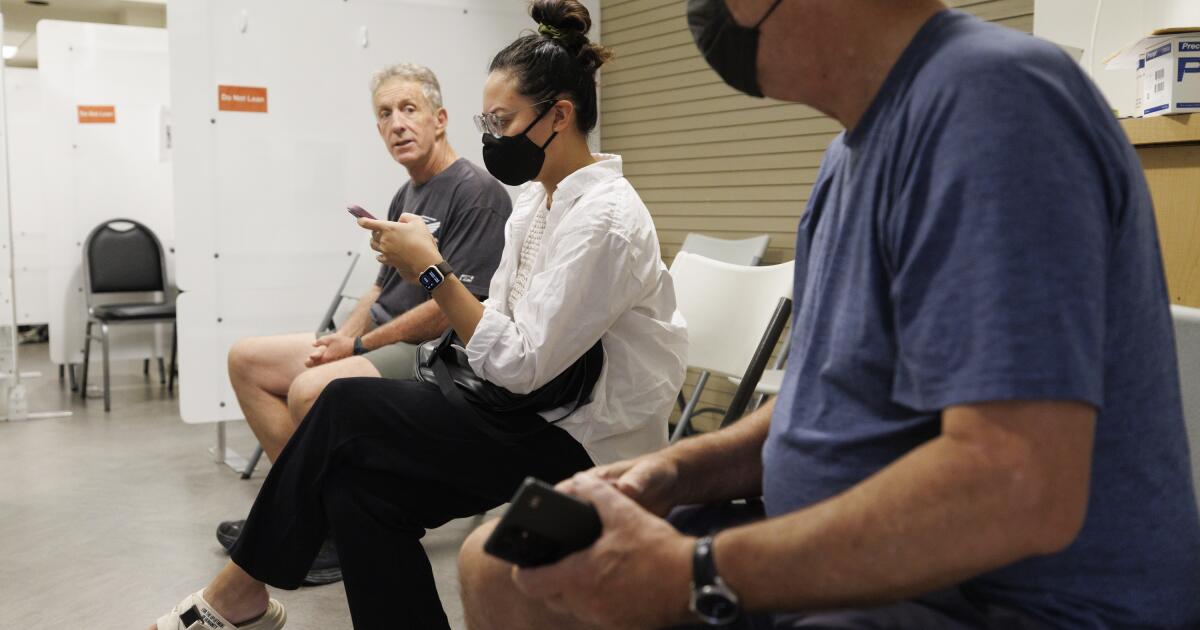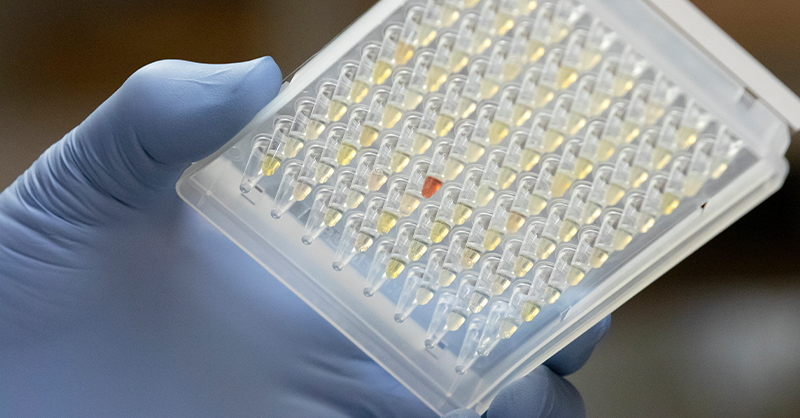T4K3.news
New study supports vaccine safety against aluminum claims
A Danish study finds no health risks from aluminum adjuvants in vaccines, challenging anti-vaccine arguments.

New research challenges common fears regarding aluminum adjuvants in vaccines.
Study disproves anti-vaccine claims about aluminum
A large review of health data from over 1.2 million Danish children found no connection between aluminum in vaccines and several health issues, including asthma, allergies, and autism. This study, published in the Annals of Internal Medicine, counters claims made by anti-vaccine advocates, notably Robert F. Kennedy Jr., who labeled aluminum as extremely neurotoxic. Despite decades of vaccine use containing aluminum adjuvants, fears persist, often fueled by misinformation.
Key Takeaways
"The new study should reassure any hesitant parents."
This highlights the study's potential impact on vaccine-hesitant parents.
"Aluminum adjuvants can be found in a variety of vaccines."
This underlines the common use of aluminum in vaccines.
"Clear data, unclear future."
This points to ongoing public challenges despite solid research.
The findings from this extensive study are significant in the fight against vaccine misinformation. Health authorities must emphasize the robustness of scientific research to combat false claims. As vaccine hesitancy grows, public trust in science becomes increasingly critical. This study serves not only as a defense of vaccine safety but also as a clarion call to address the ongoing spread of misinformation in public discourse.
Highlights
- Science proves aluminum adjuvants are safe in vaccines.
- Data shows no link between vaccines and autism claims.
- Aluminum in vaccines? The facts say otherwise.
- Clear evidence fights back against vaccine misinformation.
Potential public backlash from misinformation
Misinformation about vaccine safety continues to create fear and hesitate public acceptance, especially among parents considering vaccines for their children. The claims made by high-profile advocates could lead to increased vaccine hesitancy during critical health periods.
This research could strengthen public trust in vaccine safety amid ongoing debates.
Enjoyed this? Let your friends know!
Related News

Universal cancer vaccine begins human trials
Elderly choking devices face scrutiny

FDA panel raises concerns about SSRI safety in pregnancy

Elderly choking deaths prompt scrutiny of new devices

Coca-Cola Introduces Cane Sugar Version Amid Health Debate

COVID-19 cases increase in California

Study links Pfizer vaccine to eye damage risk

New study suggests long COVID is more prevalent
